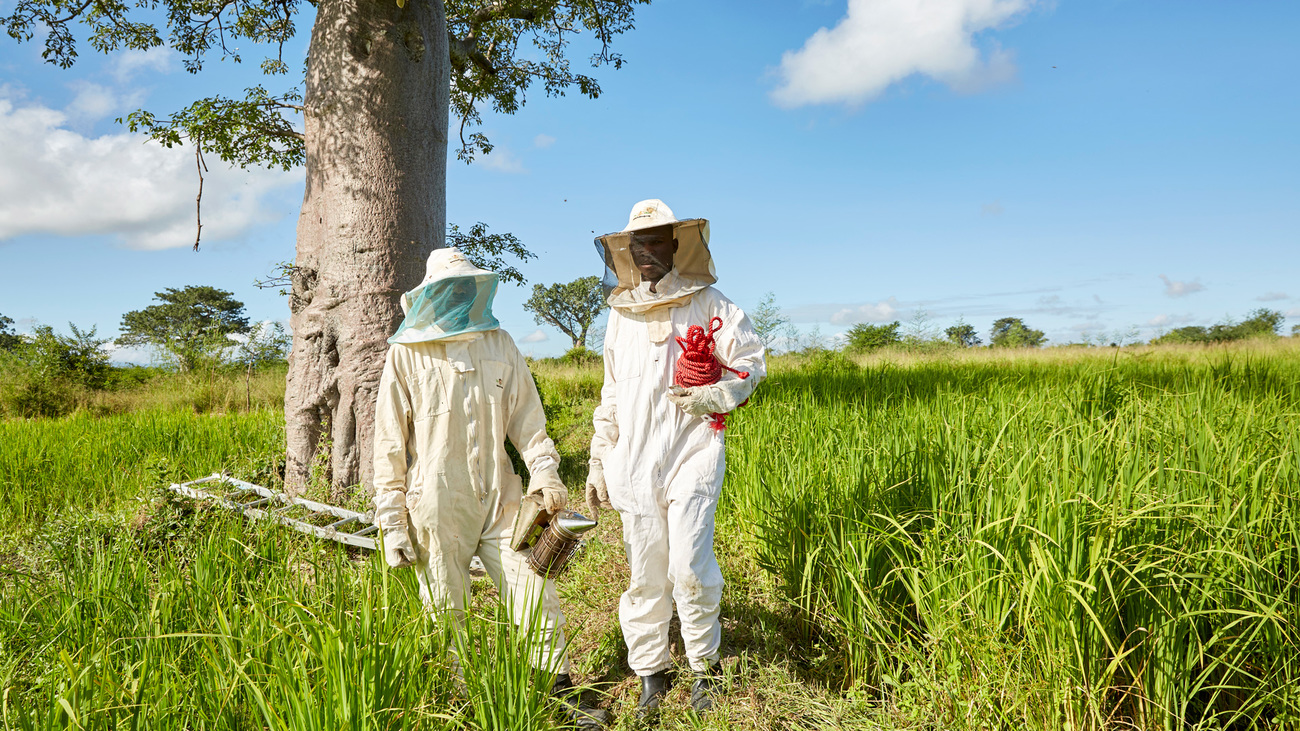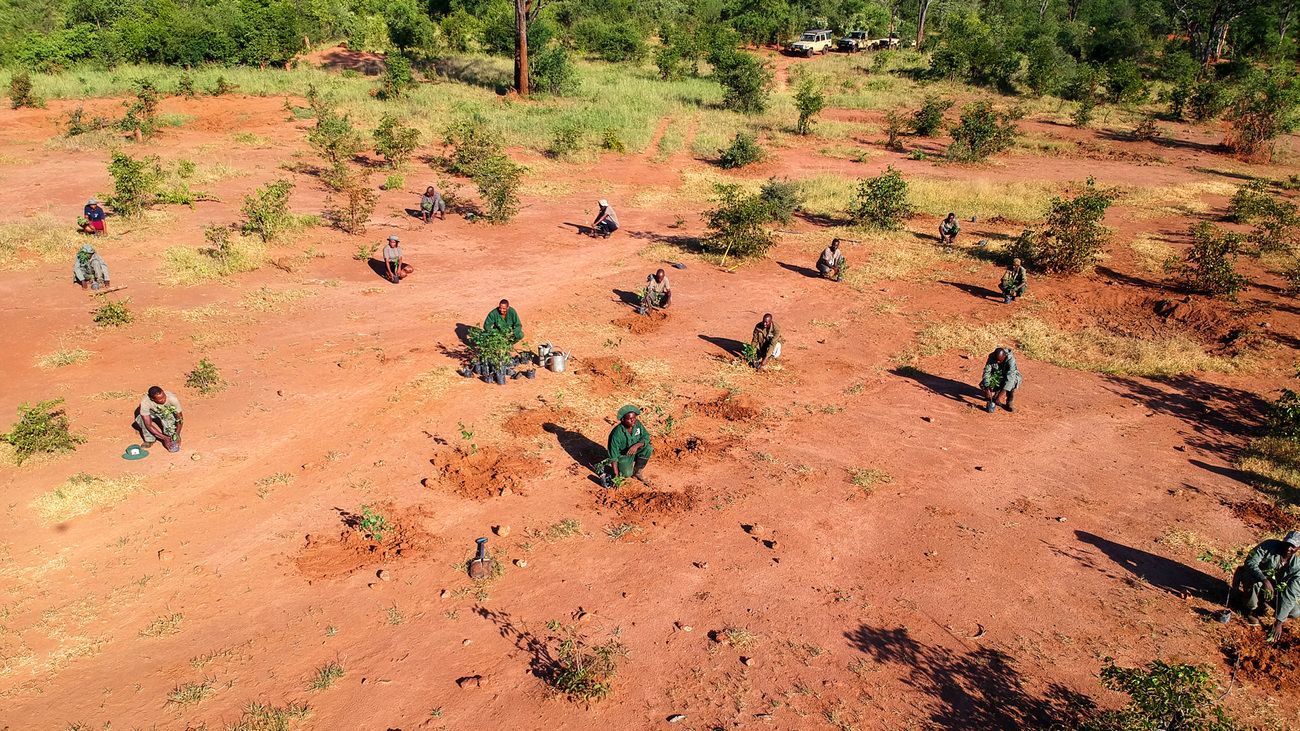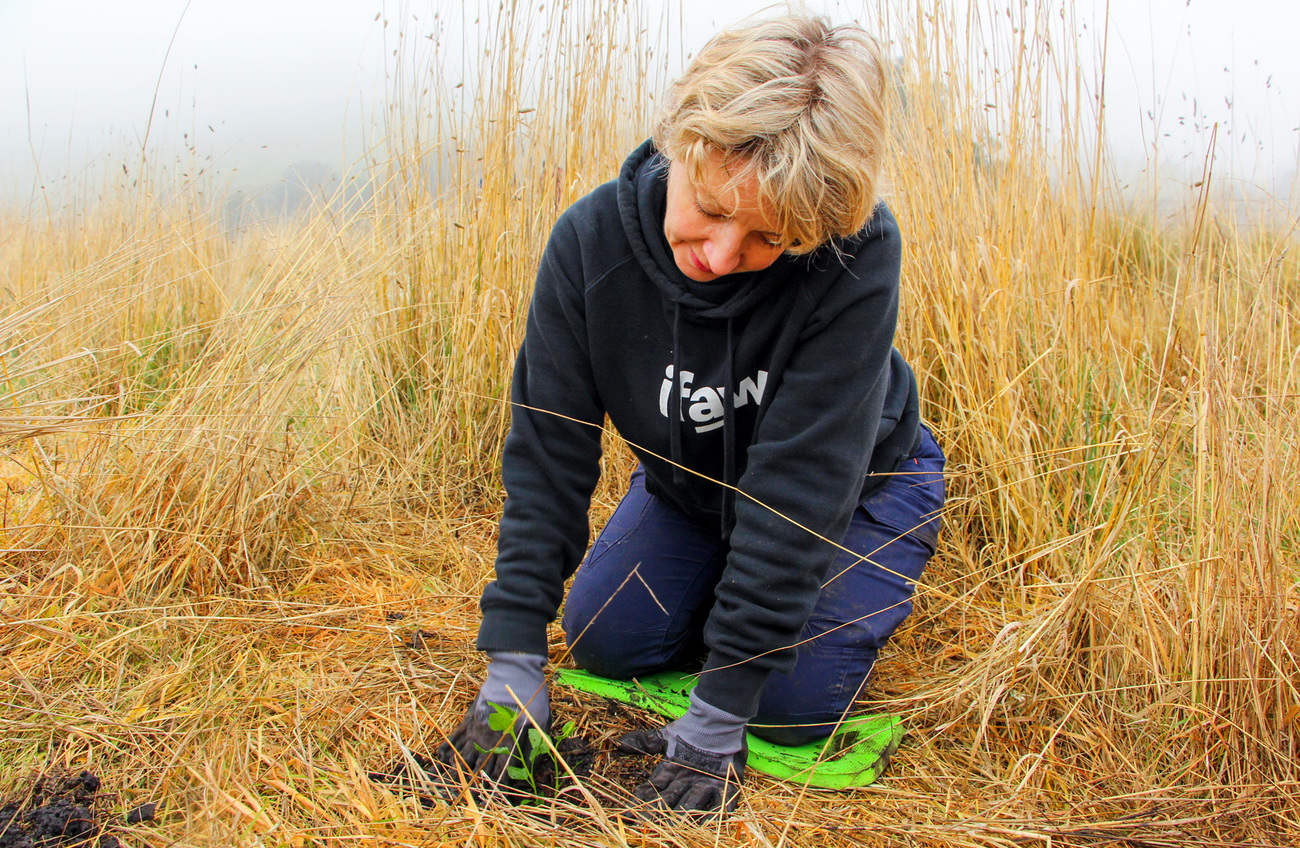Blog
What is Earth Day?
Read moreWhy sustainability matters
It’s not just a buzzword—sustainability has become a cornerstone of global efforts to ensure a thriving future for our planet and its inhabitants. At the heart of these efforts are the United Nations’ Sustainable Development Goals (SDGs), designed to address pressing global challenges such as poverty, inequality, climate change, environmental degradation, peace, and justice. This article explores the principles and practices of sustainability and how they contribute to the health of our planet.

Speaking broadly, sustainability is about balancing our society’s current needs without compromising the ability of future generations to meet their own needs. The aim is to ensure long-term ecological balance and human well-being.
Sustainable practices help to minimise resource depletion, reduce pollution, promote conservation, and ensure the efficient use of our planet’s natural resources.
The three main pillars on which sustainability operates are:
By integrating these three pillars, sustainability aims to create a balanced approach that supports long-term prosperity and well-being for both current and future generations.
Sustainability is crucial because it ensures long-term economic, environmental, and social health. Sustainable practices can also build resilience against economic shocks by promoting resource efficiency, innovation, and sustainable business practices.
Let’s look at some other important benefits that come from sustainable practices.
Sustainability encourages using renewable energy sources, which can lead to reduced greenhouse gas emissions. In turn, this improves energy efficiency and promotes sustainable transportation and industrial practices.
These actions lower the carbon footprint, slow the rate of global warming, and reduce the frequency and severity of extreme weather events.
Sustainable practices conserve the ocean by reducing pollution, such as plastic waste and chemical runoff, and promoting sustainable fishing practices that prevent overfishing and protect marine biodiversity.
Marine protected areas and sustainable coastal management help maintain healthy ocean ecosystems, which are vital for global biodiversity, climate regulation, and food security.
By adopting sustainable land practices, we can improve the health of our ecosystems and the livelihoods of humans and wildlife while reducing environmental degradation.
Sustainable farming, construction, and land management can lead to better soil health, increase vegetation cover, and improve water retention. This reduces the risk of desertification and ensures that land remains productive for agriculture and other uses.
IFAW works across many countries to protect landscapes and habitats from degradation.
Sustainability enhances quality of life and equity across the globe by ensuring that everyone has access to clean water, nutritious food, healthcare, education, and economic opportunities.
Sustainable urban planning and infrastructure create healthier living environments, and social sustainability fosters communities where everyone can thrive.

An important goal of implementing sustainable practices is to address—and hopefully reverse—the negative impacts that humans have had on wildlife. This involves promoting practices that protect animal habitats, reduce human-induced pressures, and support biodiversity.
Sustainable actions ensure that ecosystems remain balanced and resilient, supporting the health and survival of wildlife populations. Here are just a few examples of the positive results of sustainability.
Sustainable land use and conservation efforts protect critical habitats from destruction and degradation, preserving the spaces that animals need to live and reproduce.
We have a responsibility to maintain natural habitats and create protected areas for vulnerable species. Many species are critically endangered or have gone extinct due to habitat loss. So, by encouraging more sustainable practices, we can help prevent the decline of wildlife populations and support species recovery efforts.
Sustainable resource management reduces the over-exploitation of natural resources such as water, food, and shelter on which wildlife rely.
Practices like sustainable forestry, agriculture, and fishing ensure that these resources are used at a rate that allows for natural regeneration, leading to less competition among wildlife and between wildlife and humans.
Sustainability encourages coexistence between humans and wildlife by promoting practices that minimise human-wildlife conflict. This can range from establishing wildlife corridors to protect migratory species in areas with highways or traffic to educating farmers or rural villagers who come into frequent contact with wild animals. Education and community engagement foster a greater understanding and appreciation of wildlife, supporting solutions for peaceful coexistence.
Biodiversity—the wide variety of life on Earth from tiny plankton to towering trees—is crucial for ecosystem stability and resilience. There is an inherent danger in biodiversity loss: when a species is wiped out, it can have catastrophic knock-on effects for other species in an ecosystem.
Protecting a wide range of species through increased sustainable practices ensures that ecosystems can adapt to changes and continue to function effectively.
The UN Sustainable Development Goals (SDGs) are a set of global objectives established by the UN in 2015, addressing a wide range of issues, including poverty, inequality, climate change, environmental degradation, peace, and justice. These goals are interconnected, meaning progress in one area often depends on progress in others.
IFAW supports the SDGs, and we strongly believe that the protection and conservation of wildlife across the globe is vital to the achievement of these goals.
Taking steps to be more sustainable shouldn’t just be left to governments and corporations. There are plenty of small actions that you can introduce into your everyday life that will be beneficial for our planet and its species.
Sustainable agriculture involves methods of farming that aim to meet current food and textile needs without jeopardising the planet’s health for generations to come. It focuses on maintaining productive agricultural systems through practices that minimise environmental impact and conserve resources while maintaining economic viability for farmers.
Let’s take a look at a few examples.

Sustainability is a guiding principle at IFAW. Ecological sustainability is vital for the well-being of life on Earth and must be the foremost objective in conservation.
Across the globe, we support numerous projects based around sustainability, with the end goal of protecting the biodiversity we need for our planet to survive.
In Kenya, where wild animals, livestock, and humans often compete for resources, IFAW works with wildlife conservancies to reduce conflict and habitat loss while also securing an economic future for the communities.
IFAW also sees the importance of protecting and conserving landscapes, preventing any further habitat loss for endangered and threatened species. After all, when habitats vanish, so do animals. We can’t be in the business of wildlife conservation without also focusing on landscape conservation.
We’re also concerned about sustainability in the ocean, too. Whales around the world are in danger every day due to increased shipping traffic, fishing practices, and tourism. We’ve worked with communities to develop sustainable whale-watching practices, where the operators and their customers take responsibility and implement measures to protect whales and the ocean. We’ve also worked to change shipping lanes to avoid areas frequented by migrating whale species, and we’ve created the Whale Alert app so individuals can keep track of whales in their area and avoid collisions.
Finally, IFAW has an extensive number of community engagement projects that work with and empower communities to take charge of their own sustainability efforts. Above all, this involves working collaboratively with people living close to wild animals to find lasting solutions that protect biodiversity while also providing sustainable livelihoods.
Our work can’t get done without you. Please give what you can to help animals thrive.
Unfortunately, the browser you use is outdated and does not allow you to display the site correctly. Please install any of the modern browsers, for example:
Google Chrome Firefox Safari